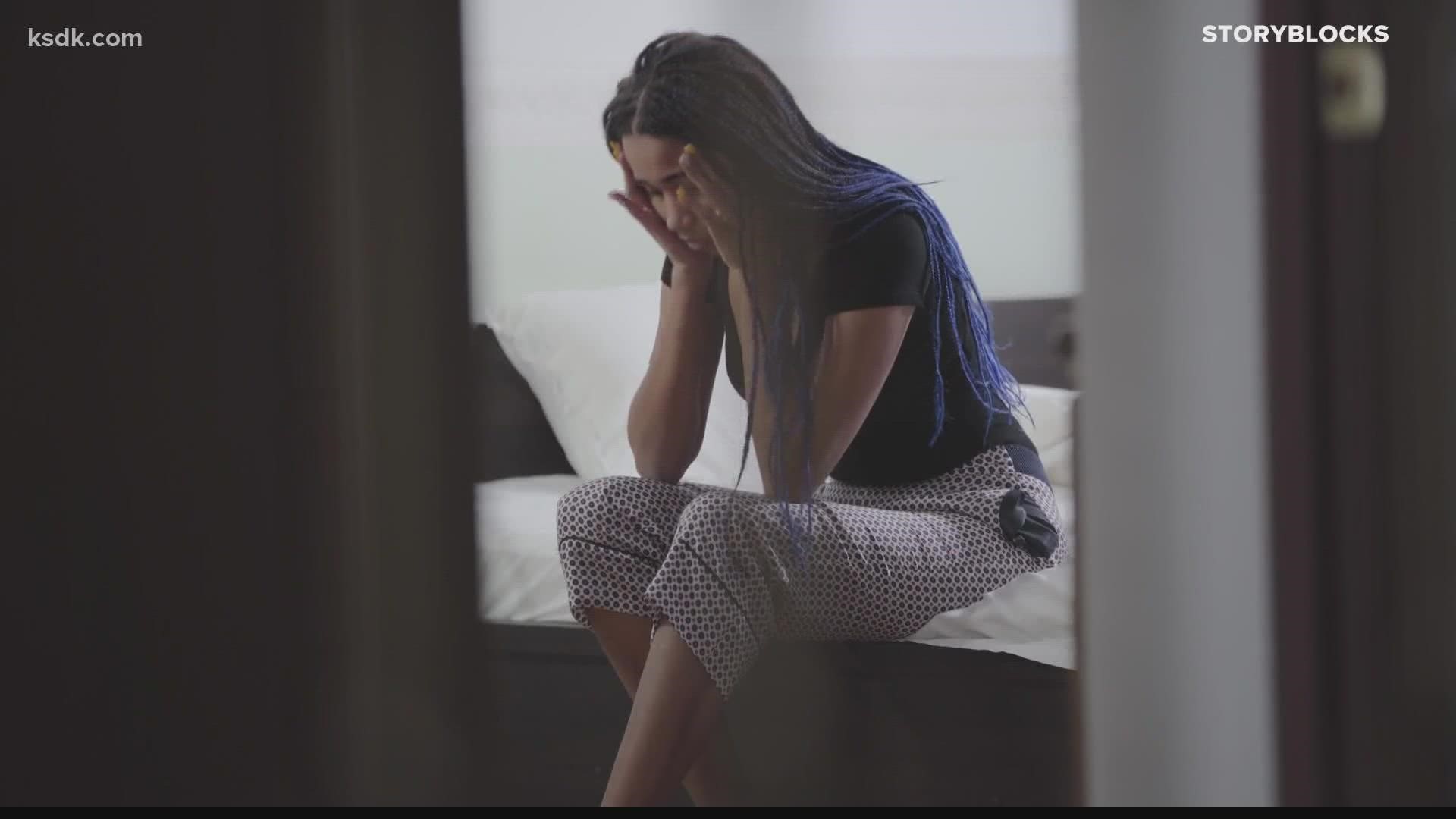ST. LOUIS — When there's just not enough time in the day, things can get dark, literally and emotionally.
“The sunlight is very limited and that does have an impact on our mental health,” said Dr. Rimiko Thomas, a licensed clinic psychologist in the St. Louis area.
The mental health world has a name for this: “Seasonal Affective Disorder,” or SAD.
“It can cause a chemical imbalance in the body emotionally to and psychologically just feeling like you have less time to get things that you needs to get done,” said Dr. Muthoni Musangali, a psychology professor at Webster University. The National Institute of Mental Health says millions of people suffer from it—but Dr. Musangali expects many more feel its impacts.
“Yes, seasonal affective disorder is real, but one doesn't have to have a diagnosis of SAD to actually be expressing a lot of those symptoms,” she said.
Also known as "the winter blues," NIMH defines "sad" as a type of depression characterized by its seasonality: 4 or 5 months a year marked by loss of interest in usual activities, over-eating and weight gain, social withdrawal, problems with sleep, difficulty concentrating, sluggishness, agitation, low energy, and hopelessness.
“The fact that you're experiencing something does not mean that something is wrong with you. It just means you could use some resources and so reach out and get the help you need ,” said Dr. Musangali.
The NIMH notes special lights that emit ultrabright rays mimicking the sunshine can be helpful to some people--so can Vitamin D (anecdotally), talk therapy, and doctor-prescribed antidepressants.
Doctor Andrew Wislocki, another local clinical psychologist, suggests adjusting your schedule to seize the moment—and get some fresh air.
“Sometimes I look outside and say oh, it's fairly sunny, I have a lot of free time? I can go for a walk later. Well, later it's probably going to be dark later,” he said. “If the moment strikes you and there's something you can do to yourself that helps you feel bit better, you know, try and do it now rather than wait.”
As long as the earth keeps turning, it's hard to truly prevent SAD. Dr. Thomas instead suggests finding ways to embrace the different things that brighten your mood during the darker months.
“For example, you may stay in more and read or watch movies and what have you, and we may feel that there's something wrong with that,” she said. “This may be a time when you may have an increase of compassion within yourself.”
And an increase of compassion for loved ones, colleagues, and neighbors who might be feeling a darker shade of blue than us this season, all the doctors say: you can be a ray of sunshine, too.

